Grocery Guides
Perch – All You Need to Know | Instacart’s Guide to Groceries
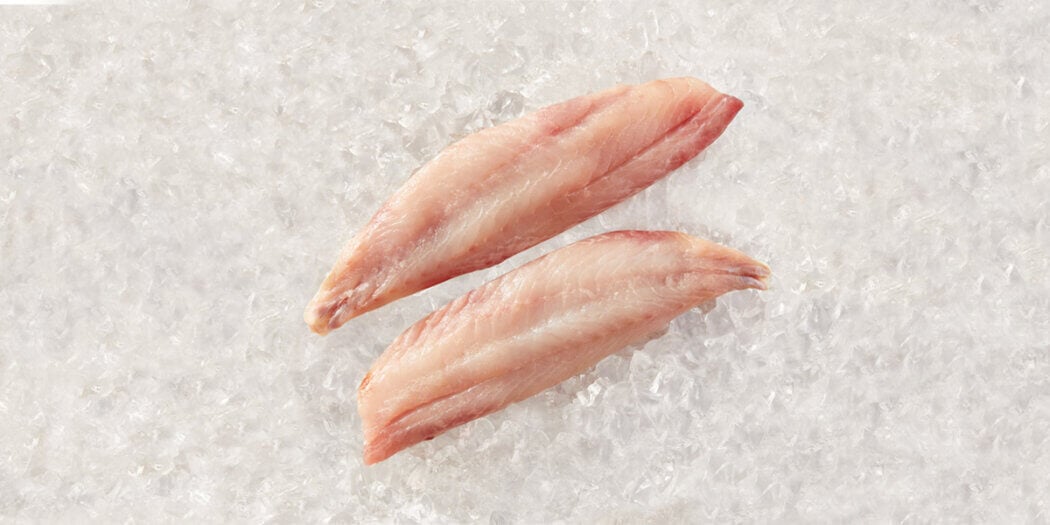
What are perch?
Many types of fish are a part of the perch, or Percidae, family, including yellow perch, walleye, and sauger. However, not all fish with “perch” in their name are true members of the Percidae family of fish. Most varieties of perch tend to be small, weighing between two and three pounds. They are easy to prepare, and the filets are firm yet flake easily when touched with a fork. They have a mildly sweet, not fishy, taste after cooking.
Where did perch originate from?
Perch have been around for thousands of years, if not longer. There are three main types of perch, each in a different region of the world.
- European perch – As their name suggests, these fish are in parts of Europe and also Asia. They were successfully introduced to New Zealand and Australia and thrive in the Southern Hemisphere.
- Balkhorn perch – These perch are found naturally in China as well as parts of Kazakhstan and Uzbekistan.
- Yellow perch – Slightly smaller than their counterparts around the globe, yellow perch are found in North America. There is a large population of yellow perch in the Great Lakes, especially Lake Erie.
What is the nutritional value of perch?
Yellow perch, the most common type of perch you can buy in North America, is nutritionally dense and a great source of protein while being very low in fat. A three-ounce serving of yellow perch contains:
- 108 calories
- 1g fat
- 22g protein
- 0g carbohydrate
- 0g sugar
- 0g fiber
- 60mg sodium
Perch is also rich in vitamins and minerals. Among the nutrients it contains are:
- Vitamin A
- vitamin B-12
- Vitamin B-3
- Calcium
- Magnesium
- Phosphorous
- Manganese
- Iron
- Zinc
- Selenium
How are perch grown?
Perch can be found both in the wild or raised in hatcheries. In nature, they live in small ponds, streams, lakes, and rivers. When you buy frozen perch, the label may say where it was raised. To prevent overfishing and the disruption of ecosystems, there are high regulations on who can catch perch in the wild, so hatcheries help keep up with the demand for fresh and frozen fish. Depending on where the hatchery is located, they may use outdoor ponds, indoor circulating water systems, or both to raise perch.
When are perch in season?
Spring is the best time to catch perch from your local lake or river, with summer being the second-best time. Perch spawn in springtime, and to do so, they come closer to the shoreline, making them an easy catch. Hatchery raised perch can be harvested all year round. The ideal size of perch is ten to 12 inches, which takes anywhere from 18 to 24 months.
How do you pick perch at the grocery store?
When you buy perch at your local grocery store, you’ll see that the packaging has a use-by date. Choose a package that has a date as far away from the current date as possible. Try to look at the fish through the package to check for any buildup of ice. When ice is on the fish or the perch filets are frozen together in one large lump, it means that the fish has thawed and been refrozen. Do not buy packages like this, as you have no idea how long the fish was out of the freezer.
Consuming fish that has repeatedly been thawed and frozen not only leaves the possibility for it to go bad, but the meat is also tough and flavorless. If you’re buying fish at a market where they are not in packages, you should look for ones that appear to be live, as that will indicate they have recently been harvested. Look for shiny scales and clear, bright eyes. A natural fishy smell is typical, but a foul odor is not.
How to store perch
Perch that you buy frozen until the “use by” date on the packaging, which is usually about six months from the date it was processed and packaged. Six months is a good rule of thumb if you go fishing and catch your own fish that you want to freeze for later.
Frozen fish can thaw in a few hours and needs to be used soon after it thaws. You can safely keep it in the refrigerator for up to two days. Be sure to keep it in an airtight freezer bag or plastic container so that the fishy aroma doesn’t affect the flavor of fresh produce that’s in your fridge.
How to tell if perch is bad
The best way to tell if perch is bad is to look at it carefully. Freshly harvested fish should look like they’re still alive and not have an odor besides their natural fishy smell. Frozen fish should be clean and have an opaque color to them. There should be no icy buildup on the fish filets.
What can I substitute for perch?
When a recipe calls for perch and none is available, you can use other types of fish with minimal impact on the taste and texture of the dish. You can also buy fish like walleye, red snapper, and pike as a substitute for perch. When you place your Instacart order, you can let your shopper know whether or not a substitute is acceptable to you or not. If you are okay with a different type of fish, suggest an option or two that you’d like them to get for you.
Save time; order groceries online
After a busy week at work, it’s time to put your feet up and relax. You want to think about the fun activities you’ll do over the weekend, not grocery shopping. Let an Instacart shopper help you out. All you have to do is place your order for fish filets and other groceries from your computer or smartphone and then wait for it to be ready for pick-up or delivered to your door.
Most Recent in Grocery Guides

Grocery Guides
Guide to Movie Night Snack Delivery
Planning the perfect movie night means getting cozy, choosing a favorite film and gathering all the right treats. With movie night snack delivery, you can skip the hassle of a grocery run and have delicious…
Dec 19, 2024
Grocery Guides
9 Best Cheese for Pasta: Melting, Grating & More Explained
The right cheese can elevate your pasta instantly, but choosing the best cheese for pasta can be tricky with so many options. Whether you’re aiming for a creamy, melty finish or a sharp, savory kick…
Dec 19, 2024
Grocery Guides
13 Best Fish for Baking: Seasonings, Recipes & More Explained
Baking is often associated with bread, cakes, pastries and casseroles, but baking isn't just about sweets and carbs. It's also a great way to cook fish! It helps cook the fish evenly from all sides…
Oct 15, 2024
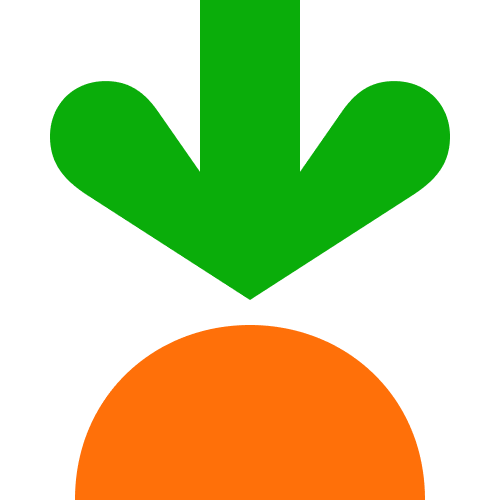
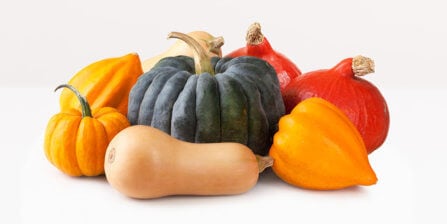 Squash – All You Need to Know | Instacart Guide to Fresh Produce
Squash – All You Need to Know | Instacart Guide to Fresh Produce 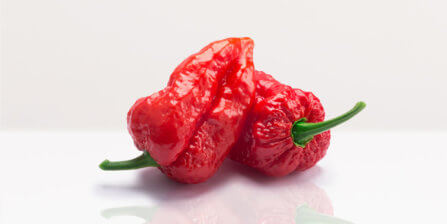 Ghost Pepper – All You Need to Know | Instacart Guide to Fresh Produce
Ghost Pepper – All You Need to Know | Instacart Guide to Fresh Produce 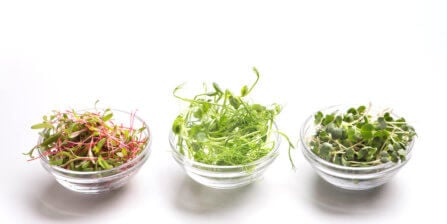 Sprouts – All You Need to Know | Instacart Guide to Fresh Produce
Sprouts – All You Need to Know | Instacart Guide to Fresh Produce 

